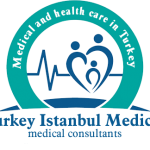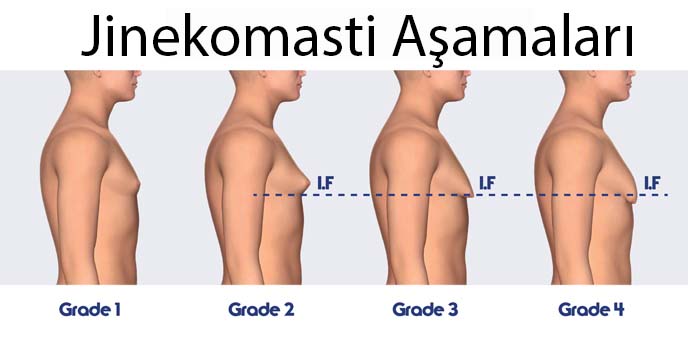What is Gynecomastia?
Gynecomastia, which is the tissue size caused by estrogen and testosterone balance disorders, can occur frequently bilaterally and rarely unilaterally.
This problem, which is faced by one in every 18 men worldwide, is growing rapidly. The source of this increase lies in poor eating habits and inactivity.
Avoid Fast Food
Due to the frequent consumption of fast foods and the high glycemic index of carbohydrates, the release of insulin in the body increases.This causes fat storage in the body. Some of the stored fat is concentrated in the breast tissue in men.
Also, working in office jobs where daily physical activity and lifestyle are limited does not increase fat burning and fat accumulation. The frequency of gynecomastia increases in three periods of life. The first is the neonatal period.
In this period, gynecomastia is seen in 70% of newborns due to the effect of the estrogen hormone transmitted by the mother, but it completely regresses.
The second is the period when we observe the transition from childhood to adolescence.
During this period, gynecomastia occurs due to changes in the estrogen/testosterone balance in the body.
Gynecomastia is seen in 50-60% of men in this age group. Many gynecomastia cases seen in this period resolve spontaneously.
In cases that do not regress, waiting until puberty is equivalent to recommending surgical treatment if there is no regression in the two following discontinuation of therapy.
The third period is old age, 70 percent of men over 50 suffer from gynecomastia.
How is breast enlargement diagnosed in men?
The incidence of gynecomastia increases with age. After the necessary evaluations are made in these patients, surgical treatment is recommended if necessary.
While people report that they are uncomfortable with the enlargement and swelling of their breasts; Sometimes the growth can be accompanied by tenderness and pain.
In addition to the physical symptoms, many patients complain that they cannot swim in the sea or the pool in the summer and that they cannot wear clothes that are suitable for their tight body, while gynecomastia can negatively affect a person’s psychology. in summer, causing visual anxiety and discomfort.
The presence of a condition causing gynecomastia is investigated in the person who requests gynecomastia.
Blood and hormonal tests are done. If necessary, other exams such as USG, MRI or CT are performed.
If there is no underlying cause after the exams, surgical treatment is recommended.
Gynecomastia surgery
In gynecomastia surgery, the excess tissue in the growing breast tissue is removed by liposuction method. In liposuction, the skin is not cut. Small holes are made in the areas where liposuction cannulas are located, and at the end of the surgery, each hole is closed with a single point.
Males have a small mammary gland under the nipple. In patients with enlarged mammary glands, liposuction may not provide the desired reducing effect.In this case, the mammary gland is removed through a small incision made at the junction of the breast and the skin.
It may not remove excess skin in female patients with excessive sagging of their breasts and an increase in liposuction size. One of the methods that has revolutionized treatment in recent years is the liposuction method.
In this method, different from normal liposuction, energy is transmitted to the subcutaneous tissue. In this way, the fat accumulated in the breast is broken down more easily and then destroyed by the liposuction technique.
In patients whose skin is too saggy and whose mammary gland is too large, these excesses can be removed by making an incision compared to the past and leaving scars in some parts. This need has been largely eliminated.

